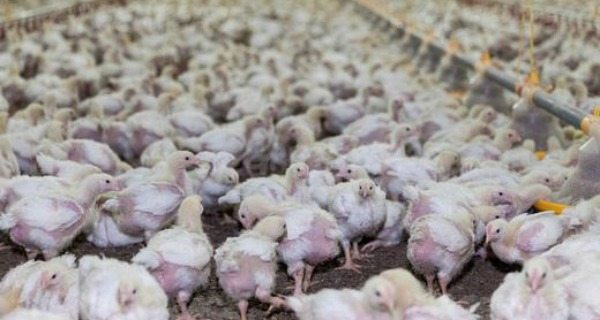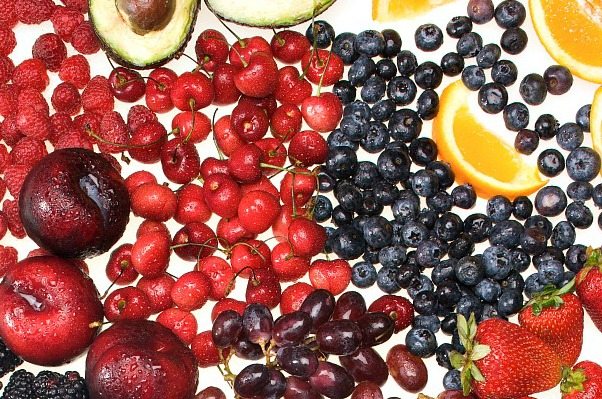Do you ever wonder how the chicken or egg ended up on the plate in front of you? There is certainly a long line of events that took place before you picked it up off the supermarket shelf. Here are a few reasons why we should reconsider our food consumption.

© Fred Dot / Greenpeace
Australia is one of the richest countries in the world. And I’m not just talking about money.
We are surrounded by beautiful oceans. We live in an activity fuelled, carefree, war-free zone. We spend our summers sitting by the beach between the yellow and red flags, and our ever-so-mild winters hiking through green grass and beautiful mountains with the occasional kangaroo in sight.
We have rich soils, we have sun, we have rain and we have an enormous amount of landmass with the ability to grow crops, raise cows in pastures, make wine from vineyards and catch a few fish from the vast ocean that surrounds us.
What seems like something that should be a simple way of life procedure has indeed become very complicated.
Food consumption is no longer about basic supply and demand. If all we do is demand, the supply chain will have a limited shelf-life and we will eventually exhaust all options.
Take for example the Australian dairy market. We have put Australian dairy farmers out of work by purchasing milk from supermarket giants that demand the farmers sell it for a deficient price. And then we rip it off the shelf for $1. The excessive power these major retailers possess is a huge burden on local dairy farmers and makes it almost impossible for them to compete with these prices without accepting bankruptcy. With milk this cheap, it becomes less of a necessity and more of a dispensable.
When you buy a chicken or ham in the supermarket, do you think about where it comes from?
Often, as consumers, we don’t think about our purchases. We don’t think that the chicken we buy is fuelled with hormones to make it grow twice as fast. And we don’t think about how it got to us – quite possibly across a long line of painful and disturbing procedures to bring it to the plastic wrapped package you conveniently picked up from the poultry section.
A few years ago, we grew a burger out of stem cells. And while the science behind this procedure is utterly amazing, the question is, is it necessary – Can we teach people instead?
Let’s teach our children not to waste, to take what they need and instead of growing a burger out of a science lab to feed the ever-growing demand – perhaps we should eat a little less meat. Maybe we can leave some of the fish in the sea and give them a chance to reproduce instead of trawling the bottom of the ocean with a net that leaves nothing in its way. And perhaps we can leave the artificially fertilised blueberry that was grown out of a greenhouse on the shelf instead of demanding more.
The repercussions of wasting food comes at a high cost. When wasting food, we also waste water, burn extra fossil fuels, use more plastic and create general waste. Read about how a lower energy consumption is sustainable here.
The video ‘Samsara food sequence’ opened my eyes, and made me feel sick to my stomach at the same time. Its ironic, disturbing and a sad reality of today’s food consumption. You can watch it below.
Organisations such as Ozharvest are about minimising food waste and protecting our environment for future generations. The also provide food to charitable foundations which feed vulnerable men and women across Australia. The idea behind this organisation is to collect quality excess food from commercial outlets and deliver it to those in need.
You can read more about them here.
SAMSARA food sequence from Baraka & Samsara on Vimeo.



